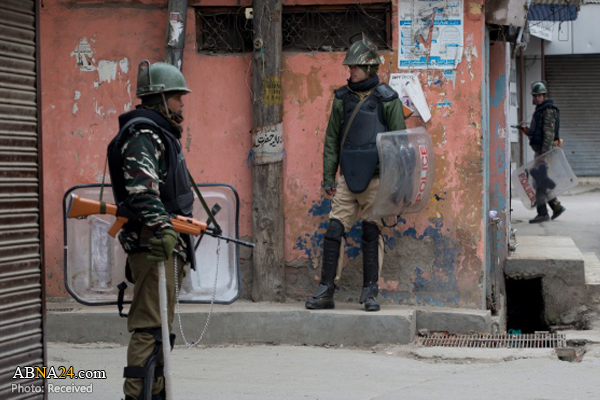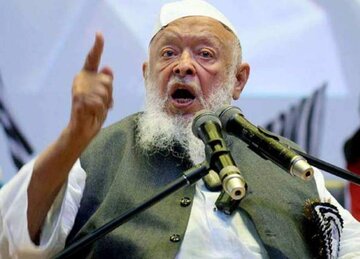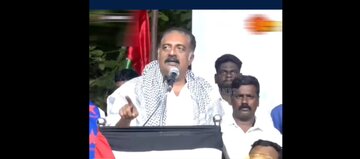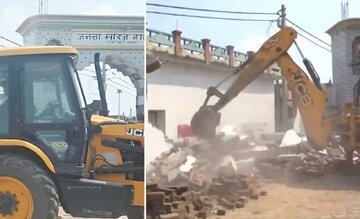AhlulBayt News Agency (ABNA): Some three weeks after Indian Prime Minister Narendra Modi controversially stripped Indian-controlled Kashmir of its autonomous status, the Muslim-majority region’s main city of Srinagar looks like a ghost town scarred with military barricades, barely breathing under a massive lockdown.
On August 5, the Indian premier, in a surprise move, revoked Article 370 in the Indian constitution that had granted Kashmir special autonomy, the most far-reaching political move on the disputed region in nearly 70 years.
The controversial move not only infuriated India’s nuclear-armed Pakistan, which controls parts of Kashmir, but also sparked strong anger among the local population, who want their region merger with Pakistan, prompting protest rallies that faced brutal police attacks.
On Saturday, little traffic movement, if any, was seen in Srinagar as security forces continue to barricade the streets using barbed wire, showing the glimpses of a tight clampdown New Delhi imposed on the city.
However, a day earlier, people braved the restrictions and held a protest rally against Modi’s controversial move against the region. The demonstration soon turned violent as riot police fired tear gas and used live fire to disperse thousands of angry protesters.
“The Indian government has closed all internet systems. For the past 18/20 days, no one has had any contact with anyone across the border. Everyone is extremely worried, especially all those on this side who have close relatives on that side,” said the owner of a grocery store the Line of Control (LoC) - which divides the parts of the disputed Himalayan region of Kashmir administered by India and neighboring Pakistan.
On Saturday, the Indian government intensified restrictions imposed on the region following Friday’s violent clashes in Srinagar.
Islamabad sent yet another letter to the UN High Commissioner for Human Rights (OHCHR) also on Saturday, demanding intervention to end the “humanitarian crises” in Indian-controlled Jammu and Kashmir.
In the letter, Pakistani Foreign Minister Shah Mehmood Qureshi called on the international community and the world body to call upon New Delhi to rescind its unilateral actions and to lift the curfew and other “draconian measures” and restore fundamental rights of the Kashmiri people.
Separately, Qureshi also held a phone conversation with UN Secretary General Antonio Guterres, discussing India’s alleged human rights violations and the security situation in Kashmir.
Qureshi said India’s unilateral steps in Kashmir had caused a precarious situation for peace in the region, noting that New Delhi had put Indian-controlled Kashmir under a complete lockdown and banned communications.
He said India’s steps contravened international laws and violated UN resolutions.
Guterres, for its part, said that the UN was watching the alarming situation in volatile region and that his organization would continue playing its role in this matter.
The government of Modi has said the cancellation of special status was necessary to integrate the disputed area fully into India.
Kashmir has been split between India and Pakistan since their partition from Britain in 1947. Both countries claim all of Kashmir and have fought three wars over the territory.
.............................................
End/ 257
24 August 2019 - 16:28
News ID: 971174

Some three weeks after Indian Prime Minister Narendra Modi controversially stripped Indian-controlled Kashmir of its autonomous status, the Muslim-majority region’s main city of Srinagar looks like a ghost town scarred with military barricades, barely breathing under a massive lockdown.




